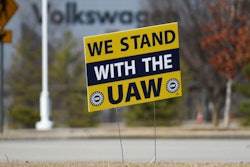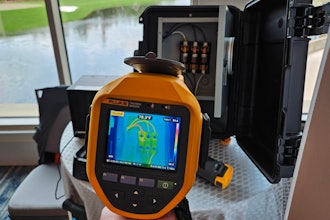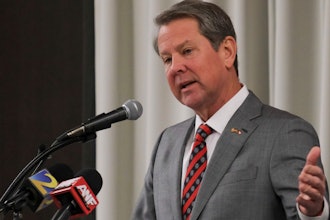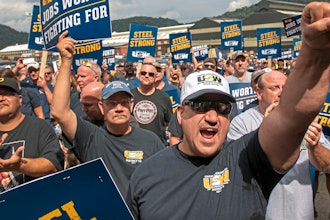SEATTLE (AP) -- The union for Boeing Co.'s engineers and technical workers is counting ballots Tuesday on a contract offer and whether to authorize a strike.
The vote comes as the company is trying to solve battery problems that have grounded its new 787s.
The Society of Professional Engineering Employees in Aerospace is recommending that members reject the contract offer because it would not provide pensions to new employees. They would have a 401k retirement plan instead. The union calls that unacceptable, but Chicago-based Boeing says the change is important to the company's future.
The union represents 23,000 employees, mostly in the Puget Sound region. Negotiations began in April and union members rejected one offer in October. If negotiations fail, the union also wants the authority to call a strike. The previous contract expired in November. SPEEA went on strike for 40 days in 2000.
The latest labor unrest is happening as U.S. regulators have launched an open-ended review of the 787's design and construction.
Last month a battery on a parked 787 caught fire in Boston. Then on Jan. 16, another 787 had to make an emergency landing in Japan after another battery problem. All 50 787s that Boeing had delivered so far are grounded until the issue is resolved.
The engineers and technical workers in SPEEA work on plans for new planes, as well as solving problems that arise on the factory floor.
Union leaders believe a strike would shut down Boeing production lines in Everett, Wash., where its big planes are made, as well as Renton, Wash., where it cranks out more than one of its widely used 737s. The factory-floor assembly work is done by the members of the International Association of Machinists. The Machinists approved a new, four-year contract in December 2011. That was after a walkout by Machinists in 2008 that contributed to a three-and-a-half year delay in delivering the first 787. It was also a factor in Boeing opening a plant in South Carolina, where laws make it more difficult to unionize.






















